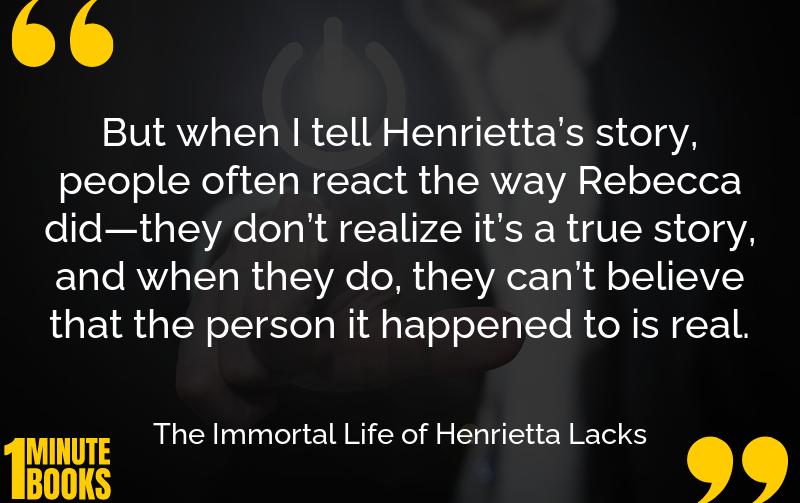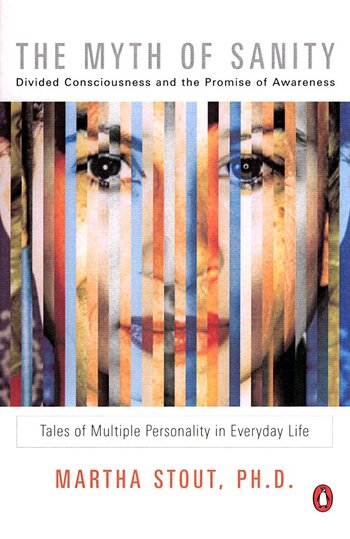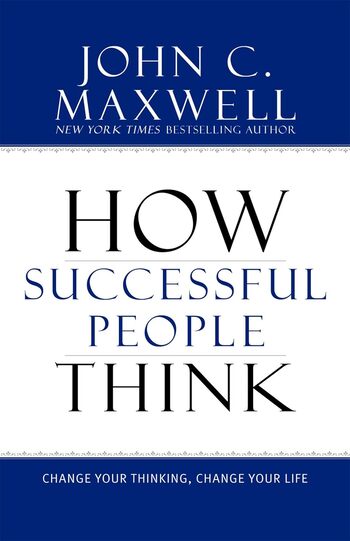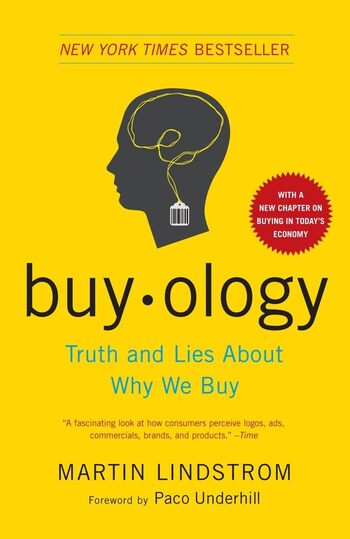
This book explores the story of Henrietta Lacks, whose cancer cells became the first immortal human cell line, but whose contributions were unrecognized. Rebecca Skloot uncovers the impact on Lacks’ family and addresses ethical issues.
Main Lessons
- Henrietta Lacks’ cells, known as HeLa, revolutionized science, enabling breakthroughs in treatments and research.
- The story uncovers the ethical issues surrounding consent and exploitation in medical research.
- Rebecca Skloot delved into the Lacks family’s history to bring light to Henrietta’s life and legacy.
- The book prompts a discussion on the intersection of race, medicine, and ethics in the context of historical medical practices.
- The journey showcases the emotional and financial impacts on the Lacks family, seeking recognition and justice.
- Henrietta’s cells contributed to numerous medical advancements, including the polio vaccine and cancer research.
- Deborah Lacks, Henrietta’s daughter, illustrates resilience in her quest to uncover her mother’s legacy.
- The narrative highlights the human aspects behind scientific pursuits, emphasizing dignity and ethics.
- Injustice and inequity in the medical field are dissected, with calls for better safeguards against unethical practices.
- The role of journalism in uncovering hidden truths and stories of marginalized individuals is exemplified.
- The book raises awareness about the complexities involved in tissue ownership and medical privacy.
- Rebecca Skloot’s persistence as a journalist brings an essential narrative to public awareness.
- Generations affected by Henrietta’s cells reflect on their influence and the need for acknowledgment.
- The story advocates for transparency and informed consent in scientific advancements.
- Ultimately, it asks us to consider who benefits and pays the price for progress in the medical field.








